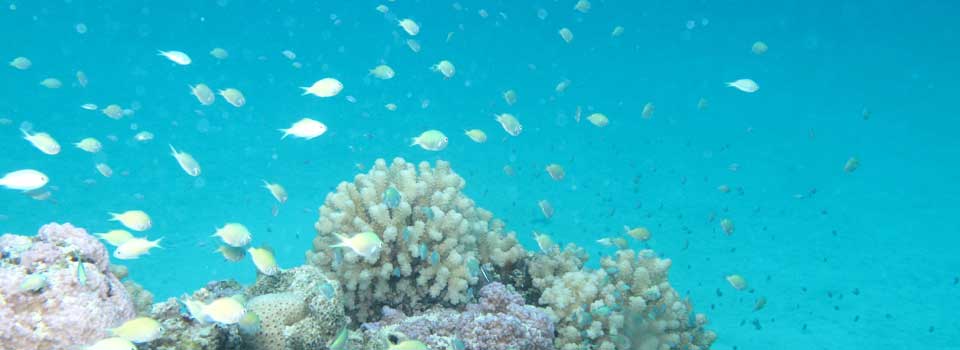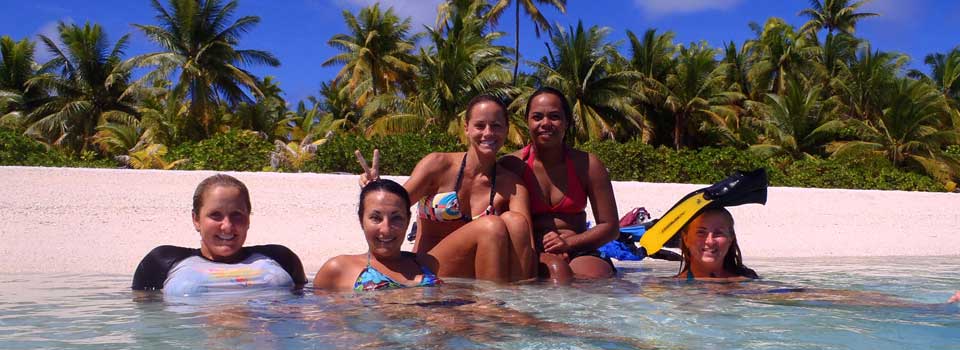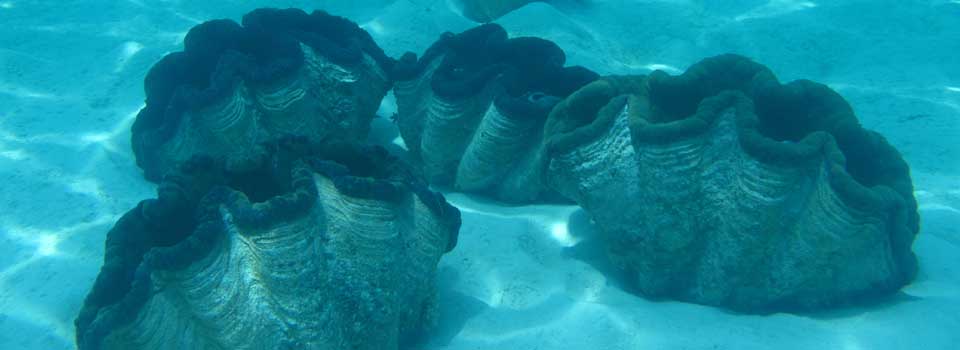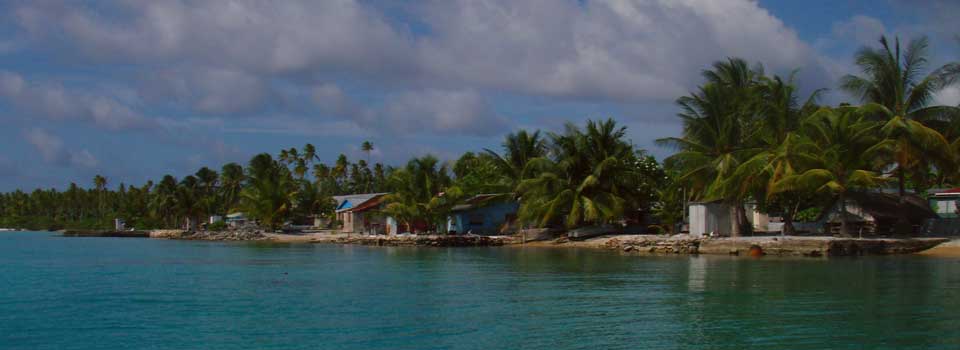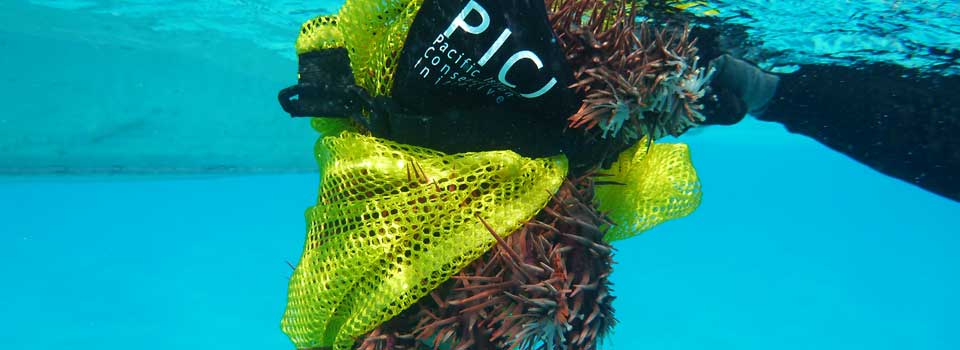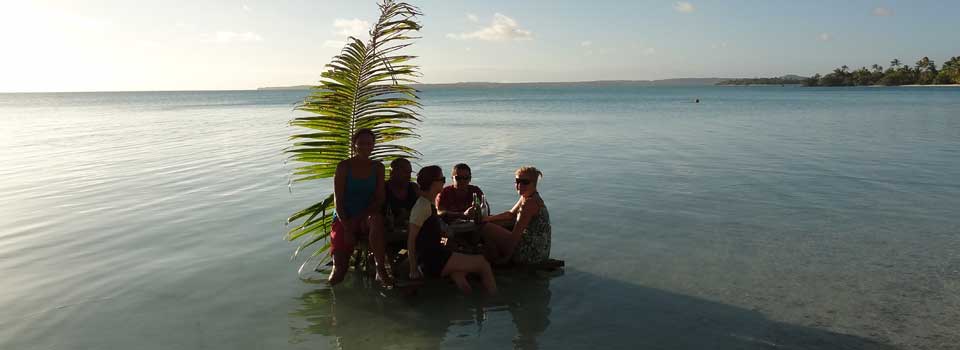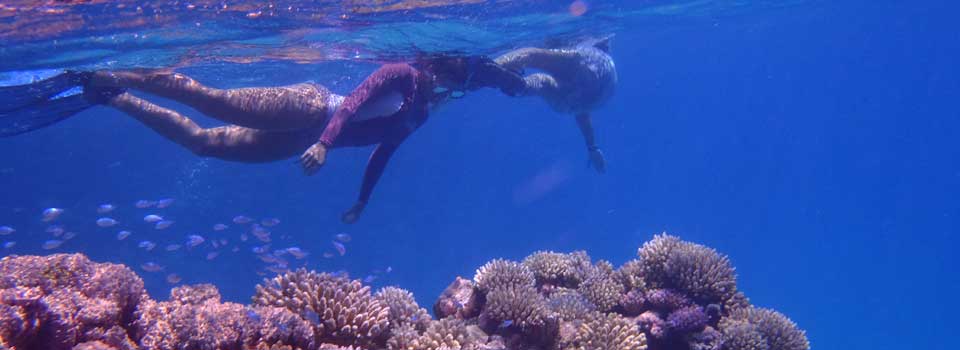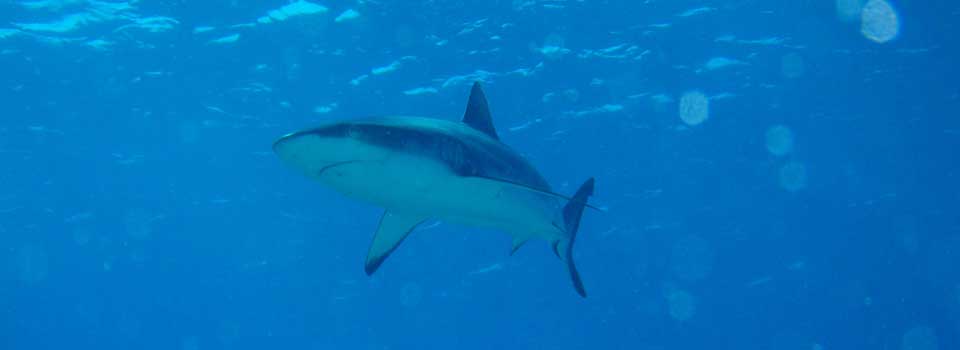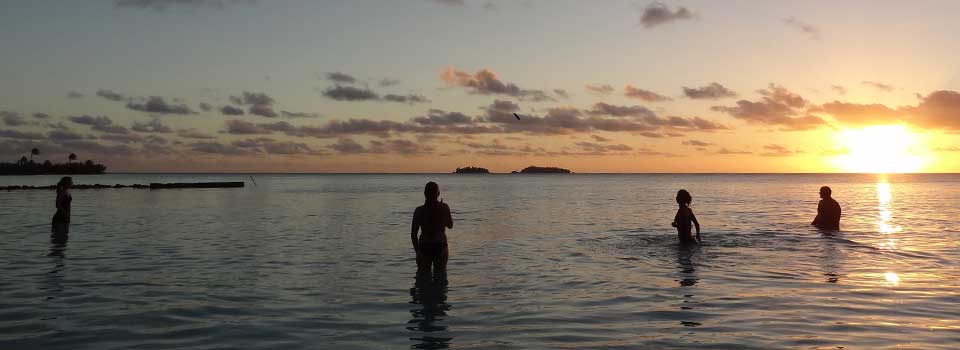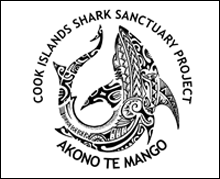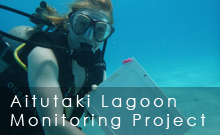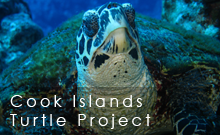This page was up during the campaign and described what we were proposing, as well as give links to more information. It is still interesting to read, although now parts are out of date.
Goal
To work with local communities and government
officials in creating a sanctuary for sharks in all territorial
waters surrounding the Cook Islands (about 2 million square
km)
What is a shark sanctuary
What we are proposing is first and foremost, a ban on the commercial fishing of shark. In order to effectively help shark populations reach their once pristine state and to ensure there are no loopholes for companies to continue to fish for sharks.
We’d also like to ban the sale,
trade and possession of shark products and require that any
shark caught accidentally (as by-catch) be released in the
manner which affords the animal the best chance for survival.
To reduce the number of sharks caught as bycatch, we are asking
the Cook Islands Ministry of Marine Resources to ban the use
of trace wire (a type of fishing gear used to target sharks
because the wire is too thick for sharks to bite free).
To recap, a shark sanctuary means
1. Ban on commercial fishing of sharks
2. Ban on sale, trade, and possession of shark products on
commercial longliners
3. Permit zero retention of sharks or shark fins as a result
of bycatch (let sharks go!)
To be successful, we must have these three things written
in enforceable regulations, which would also ban the use of
trace wire and require that sharks be released in a way that
ensures them the best chance of survival.
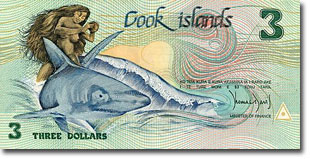
Why sharks need protection
Shark populations are declining at unsustainable rates, mainly
due to increasing demand for their fins, but other threats
include demand for shark meat and shark products, such as
chondroitin. Sharks grow slowly, mature late and produce few
offspring, making them especially vulnerable to overfishing
and slow to recover from decline.
Most recent published data (Clarke, et al. 2003) on the number
of sharks killed for Asian fin trade were from a study conducted
between October 1999-March 2001 in Hong Kong. They estimated
that 38 million sharks (that number could range from as low
as 26 million to as high as 73 million) lost their fins per
year to the Hong Kong trade.
This paper was able to show that a far larger number of sharks
are being caught every year than current databases indicate
and that acknowledging that even a very productive species
like the blue shark, is being caught at levels close to or
possibly exceeding the maximum sustainable yield.
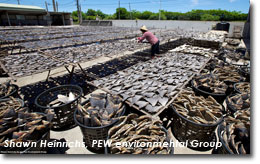 |
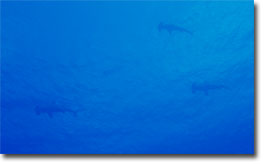 |
It is important to note that 38 million sharks reference in
the Clarke paper pertains only to sharks whose fins were traded
through the Hong Kong market- this does not include Japanese,
Spanish or Indonesian markets, for example.
The scientific community lacks data necessary to determine
if certain species can be fished at sustainable rates.
Sharks hold a special place of reverence in many Cook Islands legends, including the placement of Ina and the shark on the Cook Islands $3 note.
The National Heritage Trust’s biodiversity database shows 18 species of sharks present in the Cook Islands. (This number is likely to increase as education of proper shark identification increases for observers). Below is a table of known shark species in Cook Islands waters, with IUCN Red List Status showing that 15 of the 18 known species are threatened with extinction.
IUCN Redlist categories:
-Vulnerable, Endangered and Critically Endangered categories
mean there is enough data to say the species is threatened
with extinction in the wild.
-Near Threatened category means they may soon be threatened
with extinction.
-Least Concern category means that these species are not in
danger of extinction.
-Data Deficient categories means there is not enough data
to make conclusive category assignment.
| Sharks present in Cook Islands waters | IUCN Red List Category | IUCN Population Trend Status |
| Scalloped Hammerhead | Endangered | decreasing |
| Oceanic White Tip | Vulnerable | decreasing |
| Great Hammerhead(**) | Endangered | decreasing |
| Whale Shark | Vulnerable | decreasing |
| Pelagic Thresher | Vulnerable | decreasing |
| Common Thresher (**) | Vulnerable | decreasing |
| Shortfin Mako | Vulnerable | decreasing |
| Longfin Mako (**) | Vulnerable | decreasing |
| Silky | Near Threatened | decreasing |
| Black Tip Reef | Near Threatened | decreasing |
| Blue | Near Threatened | decreasing |
| Tiger | Near Threatened | decreasing |
| Bluntnose Sixgill | Near Threatened | decreasing |
| Silvertip | Near Threatened | decreasing |
| Grey Reef | Near Threatened | decreasing |
| Galapagos | Near Threatened | decreasing |
| Prickly | Near Threatened | decreasing |
| Lemon | Near Threatened | unknown |
| Cookiecutter | Least Concern | unknown |
| Nurse | Data Deficient | Data Deficient |
| White Tip Reef | Data Deficient | Data Deficient |
(**) presence highly likely due to observer data, but not
yet positively identified
The scientific community lacks data necessary to determine
if certain species can be fished at sustainable rates.
In the Cook Islands, there are no regulations in place against
keeping any shark caught as by-catch in nets or on longliners.
While no commercial shark fishing permits exist in the Cook
Islands, there are commercial fishing (tuna or other) licenses
for vessels from Fiji, Vanuatu, China and Taiwan- nations
known for shark fishing and shark finning.
At present, the Cook Islands government lacks the resources to place observers on every boat and without regulations or punitive measures, there remains no impetus for any nation to release any shark caught as by-catch. In addition, legislation protecting sharks and making the possession of shark material illegal would have the effect of supporting current fisheries laws and give enforcement agencies a broader scope, as they battle the huge burden of illegal fishing in the Cook Islands waters.
The establishment of a Cook Islands Shark Sanctuary
would, at a minimum:
• Ban commercial fishing of sharks
• Permit zero retention of sharks or shark fins as a
result of by-catch
• Ban sale, trade and possession of shark
Please support our efforts to convince
the government that a Cook Islands Shark Sanctuary is both
necessary and essential to the survival of these vulnerable
creatures.
For more information on how you can help, contact Programme
Manager Jess Cramp: jess@picionline.org
Check us out on facebook: www.facebook.com/picionline
PICI is 100% volunteer. If you are able, please donate to
the cause.
“NOT IN THE COOKS”
[photo- hammerheads in nets….finless]
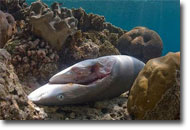 |
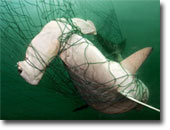 |
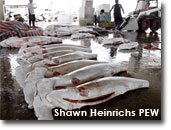 |
Please support our efforts to convince the government that a Cook Islands Shark Sanctuary is both necessary and essential to the survival of these vulnerable creatures.
For more information on how you can help,
contact Programme Manager Jess Cramp: jess@picionline.org
Check us out on facebook: www.facebook.com/picionline
PICI is 100% volunteer. If you are able, please donate to
the cause.
 |
 |
Kids at
a fundraising and awareness event making shark fins
and showing their support for shark conservation |
|
Where you can learn more about other
shark conservation efforts:
http://www.sharksanctuary.com/
http://www.pewenvironment.org/campaigns/global-shark-conservation/
http://www.wildaid.org/sharks
http://saveourseas.com/
http://www.sharkdefenders.com/
http://www.bite-back.com/
http://www.sharks.org/
http://www.sharktrust.org/
http://www.saveoursharks.com.au/
http://www.sharkalliance.org/
Links to media on Shark Sanctuaries
and Ban of Shark Fins:
Palau Creates World’s First Shark Sanctuary:
http://www.usatoday.com/tech/science/environment/2009-09-25-palau-shark-sanctuary_N.htm
Tokelau Declares Shark Sanctuary:
http://sharkyear.com/2011/tokelau-declares-shark-sanctuary.html
Maldives Ban Fishing of Sharks:
http://www.nytimes.com/2010/03/10/world/asia/10iht-shark.html
Shark Fishing Banned in the Bahamas:
http://www.bbc.co.uk/news/world-us-canada-14040902
Honduras Creates a Shark Sanctuary:
http://green.blogs.nytimes.com/2011/06/24/honduras-creates-a-shark-sanctuary/
Marshall Islands Declares
World’s Largest Shark Sanctuary:
http://newswatch.nationalgeographic.com/2011/10/03/marshall-islands-declares-world’s-largest-shark-sanctuary/
Northern Mariana Islands Passes Shark Fin
Ban Legislation:
http://www.prnewswire.com/news-releases/northern-mariana-islands-passes-shark-fin-ban-legislation-114689139.html
Mexico Will Ban Shark Fishing as Global Movement
Grows:
http://www.nytimes.com/gwire/2011/09/23/23greenwire-mexico-will-ban-shark-fishing-as-global-sanctu-29510.html
California Shark Fin Ban Signed into Law:
http://www.msnbc.msn.com/id/44824633/ns/us_news/t/california-shark-fin-ban-signed-law/
Oregon Joins Fight Against Shark Finning:
http://latimesblogs.latimes.com/greenspace/2011/08/shark-finning-ban-oregon.html
Toronto Bans Shark Fin:
http://www.cbc.ca/news/canada/toronto/story/2011/10/25/shark-fin-ban-vote.html
Washington State Passes Shark Fin Ban:
http://www.sharkdefenders.com/2011/05/washington-state-passes-shark-fin-ban.html
Shark Finning Banned in Guam:
http://www.care2.com/causes/shark-finning-ban-in-guam.html
Current time in the Cook Islands is

